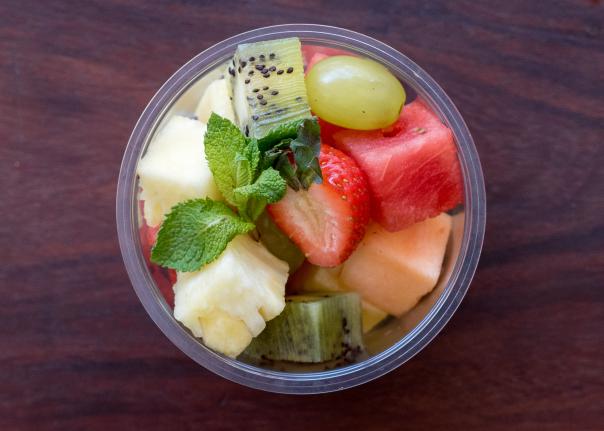
Research from The University of East Anglia revealed the reasons why so many young men are failing to have their five-a-day, including not having the culinary skills, not liking the taste of vegetables and young men focussing on gaining muscle to improve their physique rather than having a balanced diet.
Dr Stephanie Howard Wilshire, lead researcher, said: “This is really worrying because men are more likely than women to suffer health problems later in life such as coronary heart disease. We wanted to find out why many young men aren’t eating their five-a-day, and also what motivates those who do.”
The research was carried out on 34 young men aged 18-24 of normal weight. They used magazine images and health promotion materials as talking points about health, diet and fitness.
The young men with the best diets “believed in their ability to afford, shop for, prepare and cook fruit and vegetables.” Whereas those who struggled to get their five portions a day were not open to trying new food and they didn’t prioritise good health. Both groups believed fruit and vegetables were beneficial to their health.
Dr Wilshire added: “This research helps us understand the motivations of a hard-to-reach group, in order to develop and target diet and health interventions.
“Those who didn’t eat much fruit and veg had a mistrust of health information. They thought that diet and health promotions should be better designed around their interests – such as sex, exercise and sports, with real examples of male health and fitness.
“Policy makers need to adopt different approaches to engage young men with health messages and improve their dietary choices.”
For more information on the research, visit the attachment.